Down in the garden: can anything help when you lose someone to suicide?
March 30 2021

[Trigger warning: reference to suicide]
A soldier for 35 years, I’d been to war and seen things I wouldn’t wish others to see. Friends had been killed or wounded: I could handle anything. How wrong I was.
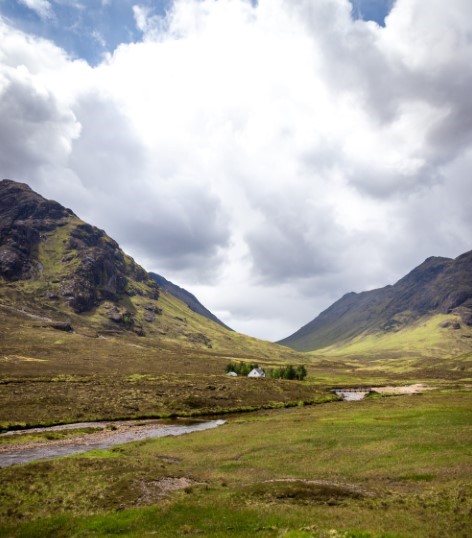
bright hillside view
photo by Dan Mall via Unsplash
My only child, Gordon, was 33: full of life and superbly fit, even by military standards. We adventured together from New Zealand to the Arctic; cooked, played music and shared adrenaline highs and hangovers, as mountain-men often do. He was a national snowboarder and one of Scotland’s mediaeval combat team with a love of racing, acting and storytelling. As an outdoors instructor he loved passing his passion for mountains on to others. Gordon’s mother and our friends reckoned that Gordon was cloned from me. He and I ‘wound each other up’, but we were as one in our passions. We joked often and spoke frequently: I loved him and his friends looked to him when they were ‘down’.
Testicular cancer came as a shock. Surgery went well but, gradually, lowered testosterone levels and ever-increasing fatigue meant that maintaining peak fitness became impossible.
Gordon masked his depression with his giving nature and with humour.
‘The Call’ came at 2am in April 2019. Gordon had attempted suicide, but, somehow, life held on. My mind raced. What were the odds? My logical brain processed the ‘facts’. Gordon was in intensive care, so my heart said that he was going to be OK.
Weighing the odds, on the journey to Newcastle, a leaden feeling grew in my gut. The paraphernalia of hospital life-support was at odds with the dynamic young man I knew and loved: this was not going well. His brain-stem was just alive, but Gordon wasn’t going to regain cognitive or physical function. Those were the ‘facts’.
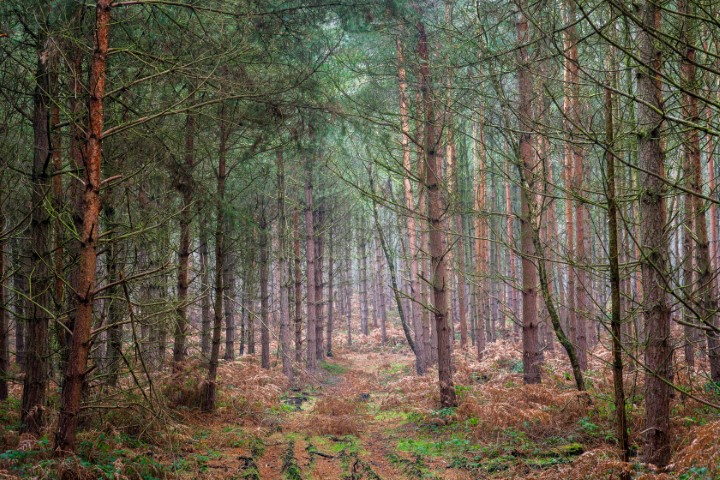
woodland pine trees
photo by Ben Griffiths via Unsplash
But, amid this shocking reality were sown the first seeds of recovery.
Gordon’s ‘stunt crew’ arrived direct from rehearsals, looking like an invading hoard from ‘Vikings’. I explained, as gently as I could, that Gordon was dying.
ICU rules meant only two visitors. Tell that to the Norsemen! Fifteen minutes later, the ICU sister had been co-opted and there were fifteen around Gordon’s bed. We cried and did what many do under extreme stress: we joked, laughed and told stories at Gordon’s expense.
A sword was smuggled in, with the collaboration of the wonderful hospital team, and was placed in Gordon’s hand. We turned off his life support: I rubbed Gordon’s ear as I had when he was a child and said my final goodbye. It was 11pm.
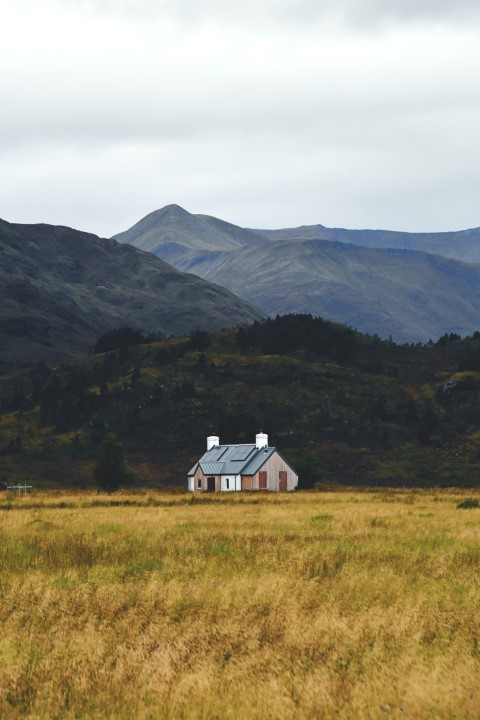
house in mountain landscape
photo by Sam Bark via Unsplash
“Typical” said Gordon’s most muscular friend “he made sure we couldn’t get to the pub before closing time!”
then he cried on my shoulder. Numb and unbelievably sad, we talked until dawn. The ability to laugh, cry and go outside the ‘rules’ had helped enormously, but I had never felt so bereft.
Next day, I told friends and family of Gordon’s death, frequently bursting into uncontrollable tears. Being strong wasn’t going to work. My wife and oldest friend were marvellous and we decided to talk about Gordon as if he was still ‘here’. Powerful positivity in the face of disaster.
I felt angry, confused: how could Gordon have done this? What had I missed, what could I have done, why didn’t he talk? Why hadn’t I known he was struggling? He’d put on such a show of ‘being OK’: I had ‘ribbed’ him about his climbing gymnastics only 48 hours ago. In short, I blamed myself.
I ran, walked and played music. One particular tune resonated: ‘Down in the Garden’ by Damh (pronounced ‘Dav’) the Bard: Gordon sang it often, including with Damh, and it made me cry, again and again.
Damh has kindly allowed us to feature ‘Down in the garden’ here, and I would like to thank him very much for his generosity. In giving his permission, Damh said: “If my song has been of any help to you then it’s been my honour to have walked the path with you…please use my song with my blessing.”
Friends flew across Europe for Gordon’s funeral and a small ‘clan’ gathered on a blustery day in a beautiful Northumbrian woodland. We carried him to his grave. It felt right to be deeply involved rather than standing back, as society often dictates. Two friends then drove me to their Alpine home. Mountains are my ‘church’ and their kindness kick-started my grieving, dragging me beyond the mechanistic rituals of death.
18 months later, while driving through Italy, ‘Down in the Garden’ played unexpectedly on the radio. I wept, stopped the car, laughed, cursed and shared the beautiful mountain vista with Gordon. The tune still wrenches my soul, but it is lovely. For me, it is ‘his’ tune but I recommend the track to anyone who has known loss of a loved one.
So, what has helped me? Kindness of friends, exercise, talking and talking (and talking some more). Allowing grief and tears to ebb and flow. Sharing. But, above all having friends and family who won’t shy away from the taboo of suicide. That’s strong medicine.
Two years on, Gordon is still ‘here’; he and I ‘talk’ daily. I raise a glass when I pour a drink and say hello whenever I pass a beautiful oak or willow. I play his guitar, badly. The grief remains: occasionally, it ambushes me. But I’ve learned to be kind to myself and those around me by letting feelings flow. The anger has gone, the sense of loss has not. I hope it never will and that’s as it should be. I’ve drawn strength from those I love, and I recall Gordon’s hilarious quotes from Monty Python. In that vein, I try to “always look on the bright side of life”. He’d want that.
Support for suicide bereavement
Publications and organisations that offer support to those bereaved by suicide
Related
Popular
Upcoming event
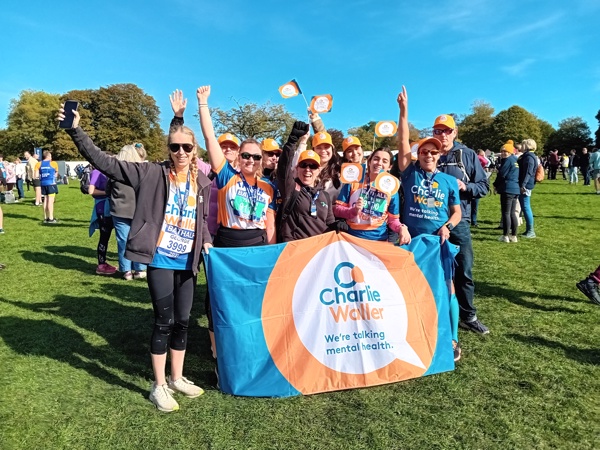
Join us for the Bath Half Marathon to support young people and their mental health!

The Charlie Waller Trust
The Charlie Waller Trust is a registered charity in England and Wales 1109984. A company limited by guarantee. Registered company in England and Wales 5447902. Registered address: The Charlie Waller Trust, First Floor, 23 Kingfisher Court, Newbury, Berkshire, RG14 5SJ.
Copyright © 2025 The Charlie Waller Trust. All rights reserved.
